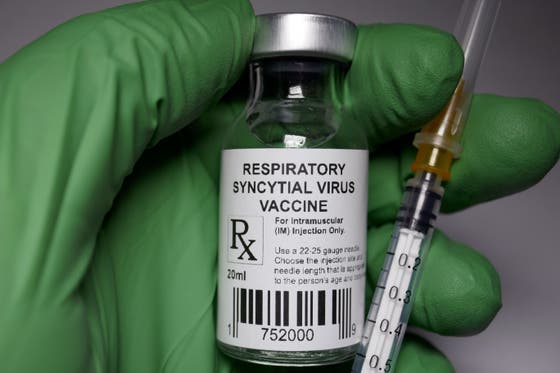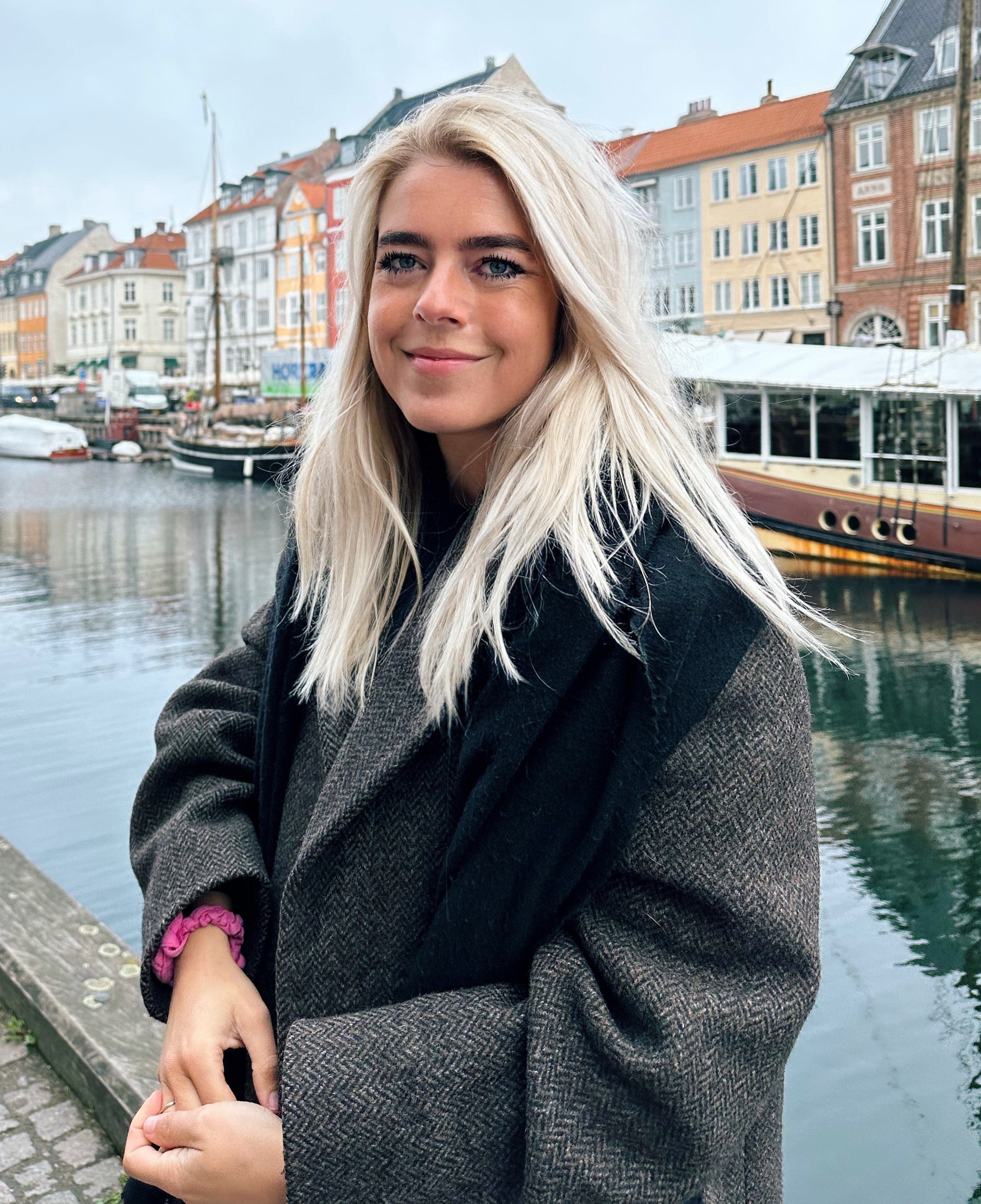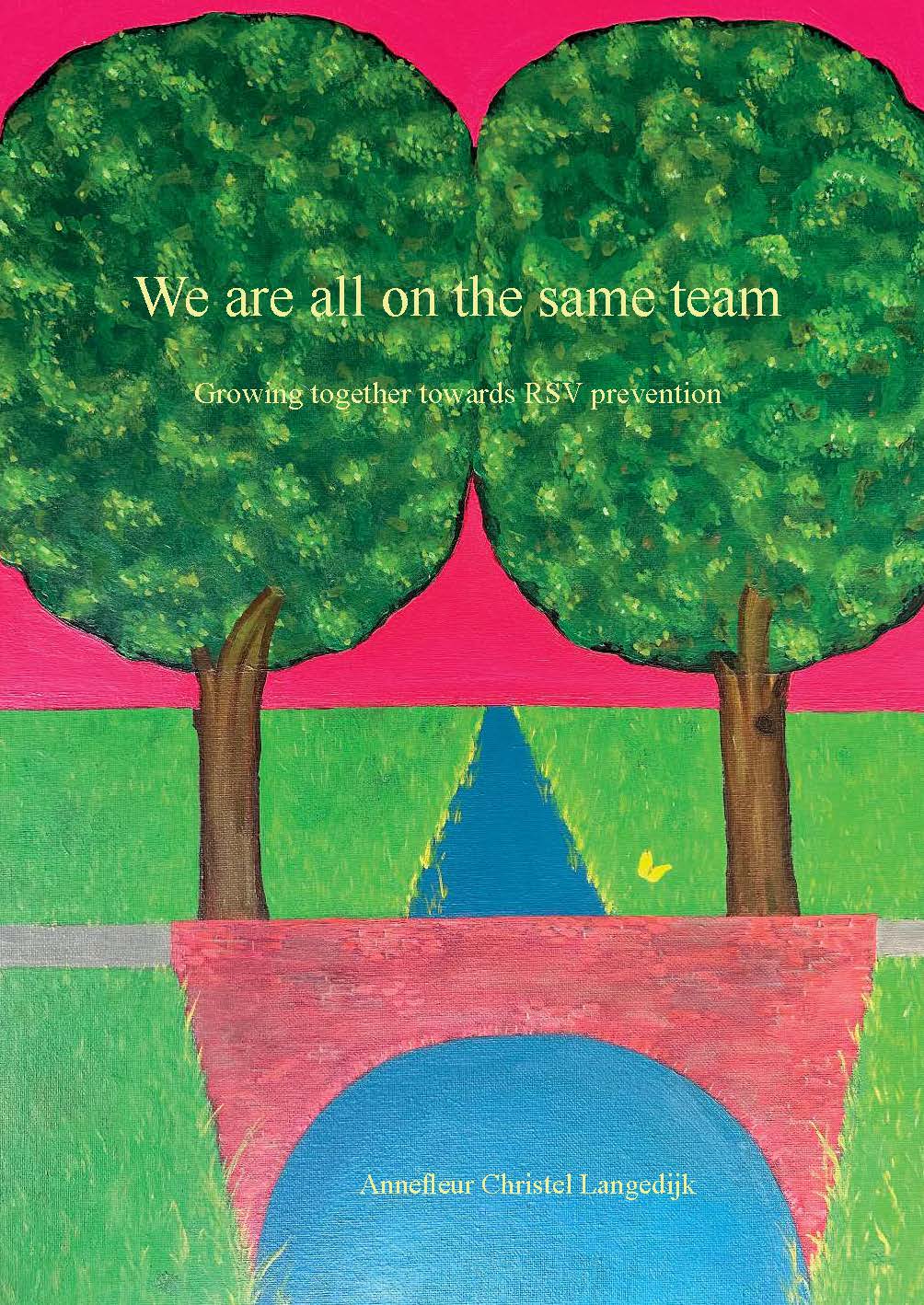Oct 30: A harmonious dance between academia and industry to reduce the burden of RSV

The field of pediatric infectious disease has greatly benefited from indepth collaborations between academia and the pharmaceutical industry, which have recently resulted in several new vaccines and medicines to prevent severe infection with the respiratory syncytial virus (RSV) in both infants and the elderly. The doctoral studies by Annefleur Langedijk (UMC Utrecht), who defended her PhD thesis on October 27, were affiliated with various forms of public-private partnerships, emphasizing the pivotal role of collaborative efforts.
Now is an exciting time for research into the respiratory syncytial virus (RSV). With the recent approval of the first-ever vaccines and a monoclonal antibody (mAb) to prevent RSV infection in infants and older adults, a new era in the prevention of RSV disease has started. Until this year, management of RSV infection was mostly aimed at symptom relief. As a result of the large number of hospitalizations in high-income countriess and significant mortality in low-and-middle-income countries there is a significant unmet medical need for prevention and treatment. Pharmaceutical companies have recently launched two vaccines: Arexvy from GSK for use in older adults and Abrysvo from Pfizer for older adults as well as pregnant women to protect infants during the first months of life. from birth. Also a novel mAb (Beyfortus, Sanofi/AstraZeneca) that reduces the risk of severe RSV infection in infants has become available. Moreover, a new antiviral (ziresovir, Ark Biopharmaceuticals) for the treatment of severe RSV infection in infants is in late-phase clinical development. A number of other promising vaccines, mAbs and antivirals are in various stages of development. These novel preventive and therapeutic modalities – nicely reviewed in Nature Reviews Microbiology - have merely been the result of joint research between academia and industry in public-private partnerships (PPPs).
Implementation challenges

The rationale for collaboration is that PPPs overcome challenges in financing, implementation and delivery of infrastructure and public services, based on the assumption that the private sector brings additional finance and competence and that private companies are inherently more efficient than the public sector in delivering high-quality public services. While the concept of PPPs appears straightforward, the implementation may face multiple challenges. According to Langedijk, PPPs are complex as the value for money is often ethically questioned and the procurement processes can be lenghty because of legal and regulatory barriers. Lack of transparency and accountability may be the top barrier of PPPs. In addition, legal barriers including approval and permits and law and regulation changes may also slow down the process. With RSV prevention within reach and the potential risk of PPPs creating complex challenges Annefleur Langedijk (Department of Pediatric Infectious Diseases and Immunology, UMC Utrecht) explored in her PhD project how PPPs can co-create value in RSV research.
Global molecular epidemiology of RSV
The backbone of the PhD thesis of Annefleur Langedijk is the INFORM RSV study that started in 2017. This study monitors the global molecular epidemiology of the RSV in children younger than 5 years. This study stands as the largest investigating the evolution of RSV worldwide and was developed in close collaboration with the several pharmaceutical companies (AstraZeneca and Sanofi), who funded the study. The findings are successfully being used to investigate susceptibility and resistance characteristics of novel RSV interventions, in particular of nirsevimab, and have recently been published in the Lancet Infectious Diseases.
Is industry-funded RSV research on balance beneficial? According to Annefleur Langedijk clearly it is: “Ultimately, the positives of PPPs in RSV research are heavily outweighing the negatives”, she says. “The question is not whether there may be conflicts of interest – there definitely are. Rather, the goal is to work around those and achieve a fair, transparent, unbiased, and scientifically valid outcome that benefits all. We cannot pretend that the public sector owns public health: promoting clarity and transparency in clinical research as well as equitable access to medication is an intrinsic public health good and a shared responsibility of both academia and industry. While pure academic research is an important adjuvant to industry-supported development, it cannot replace the focus or scope of industry funding.”
Global burden of disease
RSV infection causes breathing difficulties and wheezing and can result in serious respiratory illnesses, such as bronchiolitis and pneumonia. Disease caused by RSV are estimated to occur worldwide in over 30 million young children, elderly and other vulnerable groups and cause 3.6 million hospital admissions. One of the studies by Annefleur Langedijk and colleagues demonstrated that 1 in 56 infants ends up in hospital with an RSV infection. Globally, RSV infection is responsible for >100,000 deaths in children younger than 5 years, with 97 percent of these occurring in low and middle income countries.
PhD defense

Annefleur Christel Langedijk (1992, Hoorn) defended her PhD thesis on October 27, 2023 at Utrecht University. The title of her thesis was “We are all on the same team – Growing together towards RSV prevention.” Supervisor was prof. Louis Bont MD PhD (Department of Pediatric Infectious Diseases & Immunology, UMC Utrecht) and co-supervisors were Joanne Wildenbeest MD PhD (Department of Pediatric Infectious Diseases & Immunology, UMC Utrecht) and ir. Robert Jan Lebbink PhD (Department of Medical Microbiology, UMC Utrecht). In August 2023, Annefleur assumed a role as Medical Affairs Scientist specializing in RSV at Pfizer.
